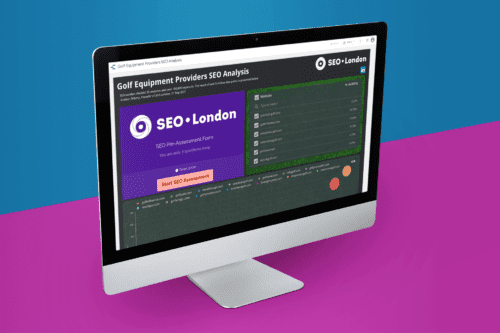What is Inbound Link
Definition of Inbound Link for an SEO Knowledge Base Website
An inbound link, also known as an incoming link or backlink, refers to a hyperlink on another website that directs users to a specific webpage on your website. In the realm of search engine optimization (SEO), inbound links play a crucial role in determining the credibility, authority, and visibility of a website on search engine result pages (SERPs).
Importance of Inbound Links
Inbound links are fundamental to the success of any SEO strategy. Search engines, such as Google, consider inbound links as a vote of confidence from other websites. They perceive these links as a sign that your content is valuable, relevant, and trustworthy. Consequently, a higher number of high-quality inbound links tends to improve your website\’s search engine rankings.
Quality and Relevance of Inbound Links
Not all inbound links are equal; their quality and relevance significantly impact their effectiveness. A high-quality inbound link originates from a reputable and authoritative website within your industry. These links carry more weight and are seen as a stronger endorsement by search engines. Conversely, low-quality inbound links, such as those from spammy or irrelevant websites, can have a negative impact on your SEO efforts.
Link Juice and PageRank
Inbound links are often associated with the concept of \”link juice\” or \”PageRank.\” Link juice refers to the equity passed from one webpage to another through hyperlinks. When a reputable website links to your page, it passes some of its authority and credibility to your website, which can positively influence your rankings. PageRank, on the other hand, is an algorithm developed by Google that assigns a numerical value to webpages based on the quantity and quality of their inbound links.
Link Building Strategies
Building a robust network of inbound links is a vital aspect of any SEO campaign. Various strategies can be employed to acquire high-quality inbound links. These include:
1. High-Quality Content Creation: Developing informative, engaging, and shareable content is a powerful way to naturally attract inbound links from other websites.
2. Outreach and Networking: Actively reaching out to industry influencers, bloggers, or journalists to promote your content can help generate valuable inbound links.
3. Guest Blogging: Writing high-quality articles for other reputable websites in your industry allows you to include inbound links back to your site, enhancing your visibility and authority.
4. Social Media Promotion: Sharing your content on social media platforms can increase its visibility, potentially leading to more inbound links as users discover and share your content.
5. Directory and Resource Listings: Submitting your website to relevant directories, industry-specific resource lists, and local business listings can generate valuable inbound links.
Monitoring and Analyzing Inbound Links
Regularly monitoring and analyzing your inbound links is crucial to understand their impact on your website\’s SEO. Utilizing tools like Google Search Console, Ahrefs, or Moz Link Explorer, you can assess the quantity, quality, and relevance of your inbound links. This analysis helps identify any low-quality or detrimental links that may require disavowal or removal to maintain a healthy link profile.
In conclusion, inbound links are essential for enhancing your website\’s online visibility, authority, and rankings. By focusing on acquiring high-quality, relevant links through various strategies, you can improve your SEO efforts and establish your website as a trusted and valuable resource within your industry.


